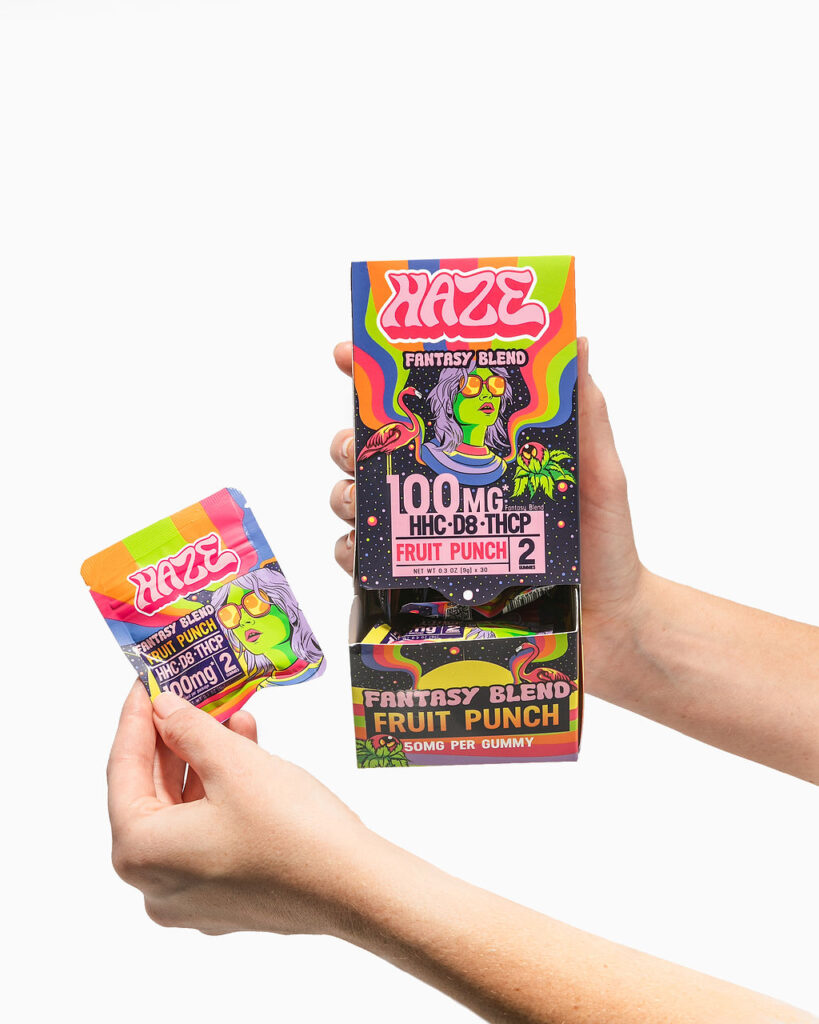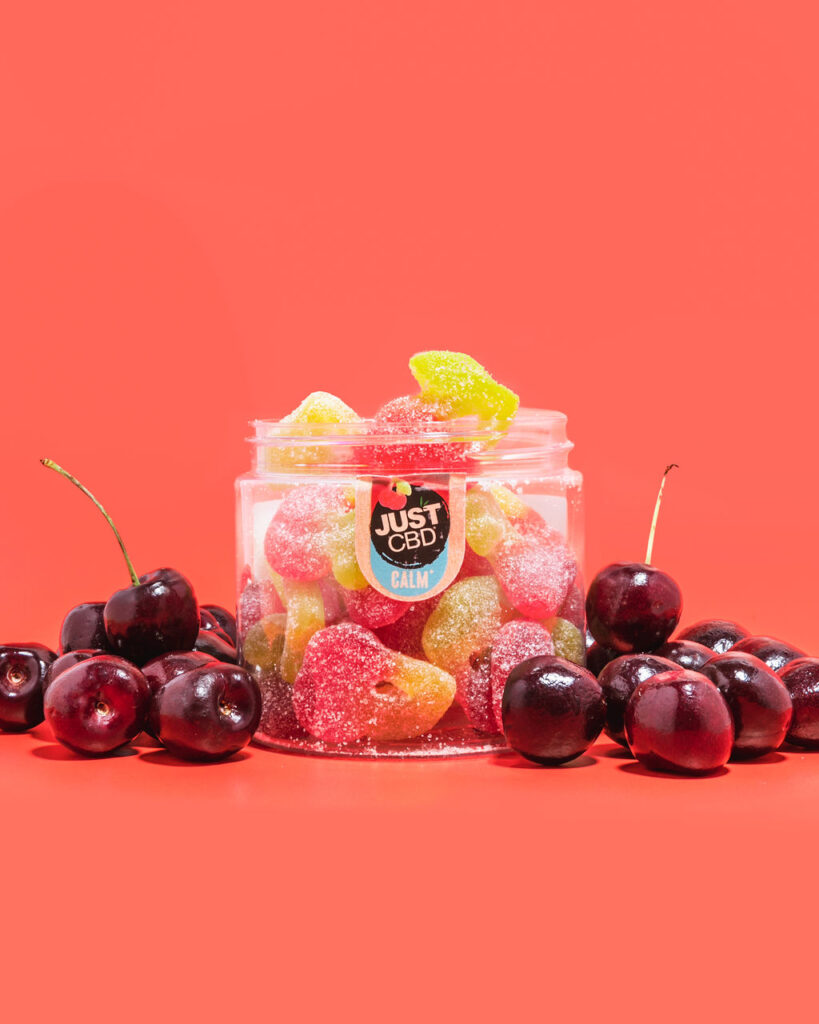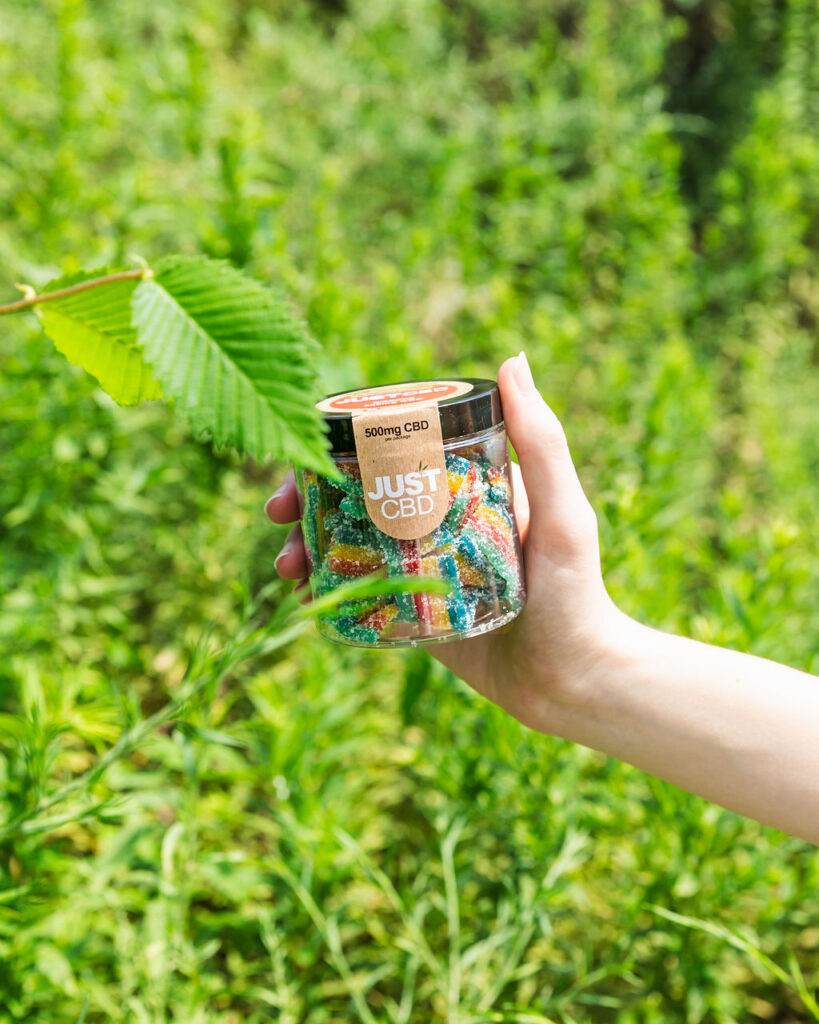CBD oil tinctures have become a popular choice for individuals seeking natural remedies for various health concerns. With their versatility, ease of use, and potential therapeutic benefits, CBD tinctures are now widely available in different formulations, strengths, and flavors. However, with so many options, choosing the right CBD oil tincture for your needs can feel overwhelming. This guide will walk you through the essential factors to consider, helping you make an informed decision.
What is CBD Oil Tincture?
CBD oil tinctures are concentrated extracts of cannabidiol (CBD) derived from the hemp plant, mixed with a carrier oil like MCT oil, hemp seed oil, or olive oil. Tinctures are designed for sublingual use, meaning you place a few drops under your tongue for quick absorption. They can also be added to foods or beverages for a more gradual effect.
CBD tinctures are available in three primary types:
- Full-Spectrum CBD: Contains all naturally occurring compounds in the hemp plant, including CBD, trace amounts of THC (less than 0.3%), and other cannabinoids, terpenes, and flavonoids. This type offers the “entourage effect,” where the compounds work synergistically for enhanced benefits.
- Broad-Spectrum CBD: Similar to full-spectrum but without THC, ideal for those wanting the entourage effect without THC exposure.
- CBD Isolate: Pure CBD with no other cannabinoids or terpenes. It’s a great option for those who want to avoid THC entirely or prefer a more targeted approach.
Benefits of CBD Oil Tinctures
CBD oil tinctures are praised for their potential to address a variety of issues, including:
- Stress and Anxiety Relief: CBD interacts with the endocannabinoid system (ECS) to promote a sense of calm and reduce stress.
- Pain Management: Many users find CBD helpful in managing chronic pain, inflammation, and discomfort.
- Improved Sleep Quality: CBD may help regulate sleep cycles, making it beneficial for individuals with insomnia or other sleep disorders.
- General Wellness: CBD’s anti-inflammatory and antioxidant properties can support overall health.
Key Factors to Consider When Choosing a CBD Oil Tincture
To find the right CBD oil tincture for your needs, consider the following:
Determine Your Purpose for Using CBD
The first step is identifying why you want to use CBD. Are you looking for relief from stress, pain, or sleep issues? Do you want to enhance your overall well-being? Understanding your goals will guide you toward the most suitable product.
For instance:
- For stress and anxiety, look for tinctures with calming terpenes like linalool or products specifically formulated for relaxation.
- For pain relief, full-spectrum tinctures with a balance of CBD and other cannabinoids like CBG may be effective.
- For sleep, choose tinctures with added melatonin or sleep-enhancing cannabinoids like CBN.
Choose the Right Type of CBD
Understanding the differences between full-spectrum, broad-spectrum, and CBD isolate is crucial.
- Full-Spectrum CBD: Best for users seeking the full benefits of the entourage effect.
- Broad-Spectrum CBD: Great for those who want the benefits of multiple cannabinoids but wish to avoid THC.
- CBD Isolate: Perfect for individuals who need pure CBD or want to avoid all cannabinoids except CBD.
Check the CBD Concentration
CBD tinctures come in varying potencies, typically ranging from 250mg to 5000mg per bottle. Your ideal potency depends on your experience with CBD, body weight, and the condition you’re addressing.
- Low Potency (250-500mg): Ideal for beginners or those using CBD for general wellness.
- Medium Potency (1000-1500mg): Suitable for moderate symptoms like mild anxiety or chronic pain.
- High Potency (2000mg+): Best for experienced users or individuals with severe conditions.
Look for Third-Party Lab Testing
Transparency is a hallmark of reputable CBD brands. Always check for third-party lab reports, also known as Certificates of Analysis (COAs). These reports verify the product’s cannabinoid content, ensure it’s free from harmful contaminants, and confirm its safety and legality.
Key details to look for in a COA include:
- CBD and THC concentrations.
- Presence of other cannabinoids and terpenes.
- Test results for pesticides, heavy metals, and residual solvents.
Consider the Carrier Oil
The carrier oil in a CBD tincture can impact absorption, flavor, and overall effectiveness. Popular carrier oils include:
- MCT Oil: Easily absorbed and boosts bioavailability.
- Hemp Seed Oil: Rich in omega fatty acids and complements the hemp extract.
- Olive Oil: Offers additional health benefits and a mild taste.
If you have dietary restrictions or allergies, ensure the carrier oil is suitable for you.
Evaluate the Flavor Options
Not everyone enjoys the natural, earthy taste of hemp. Fortunately, many CBD tinctures are available in flavored options like mint, citrus, or berry. If you’re sensitive to taste, flavored tinctures might be a better choice.
Start with a Trusted Brand
Choosing a reputable brand ensures you’re getting a high-quality product. Look for companies that:
- Source hemp from organic, non-GMO farms.
- Use clean extraction methods like CO2.
- Offer detailed product information and transparent practices.
Popular, well-reviewed CBD brands include Charlotte’s Web, Lazarus Naturals, and JustCBD.
How to Use CBD Oil Tinctures
Using a CBD tincture is straightforward, but proper dosing is essential to achieve the desired effects. Follow these steps:
- Shake the Bottle: To ensure an even distribution of CBD and other compounds.
- Measure Your Dose: Use the dropper to take the recommended dose, usually indicated on the label.
- Sublingual Administration: Place the drops under your tongue and hold for 30-60 seconds before swallowing. This method allows for faster absorption into the bloodstream.
- Adjust as Needed: Start with a low dose and gradually increase until you find the optimal amount for your needs.
Potential Side Effects
While CBD is generally well-tolerated, some users may experience side effects such as:
- Dry mouth
- Drowsiness
- Lightheadedness
- Changes in appetite
To minimize risks, consult with a healthcare provider, especially if you’re taking medications or have underlying health conditions.
Final Thoughts
Choosing the right CBD oil tincture for your needs involves careful consideration of factors like your health goals, the type of CBD, potency, and brand reputation. With the information provided in this guide, you’ll be well-equipped to select a product that aligns with your preferences and delivers the benefits you seek. Always remember to start with a low dose, monitor your body’s response, and consult a professional if needed.
A Personal Review of JustCBD UK’s CBD Oil Tinctures
When it comes to CBD oil tinctures, I’m all about finding that balance between taste, effectiveness, and overall experience. Lucky for me, JustCBD UK delivered two amazing options to try: the CBD Oil Tincture Coconut and the Full Spectrum CBD Oil. Here’s how my journey with them went!
CBD Oil Tincture Coconut
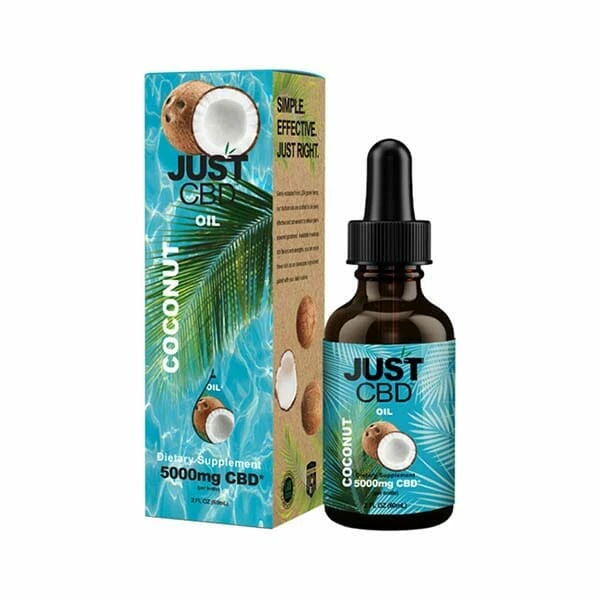
Link to buy: CBD Oil Tincture Coconut
The first thing I noticed about this coconut-infused CBD oil was its tropical aroma. It smells like a mini getaway in a bottle! When I tried it, the subtle coconut flavor was smooth and light—not overpowering or artificial. I loved adding it to my morning coffee; it felt like an effortless way to infuse some calm into my day.
What I liked:
- Taste: The coconut flavor is a game-changer for anyone who dislikes the earthy tones of unflavored CBD oil.
- Versatility: It mixed well with drinks, smoothies, and even straight under the tongue.
- Effects: I felt a noticeable sense of relaxation about 30 minutes after using it. It was my go-to after stressful work calls or when I needed to focus without feeling jittery.
What I didn’t like:
- Concentration: While effective, I wish it came in stronger concentrations for days when I needed an extra dose of chill.
- Flavor sensitivity: If you’re not a fan of coconut, this might not be your thing.
Full Spectrum CBD Oil
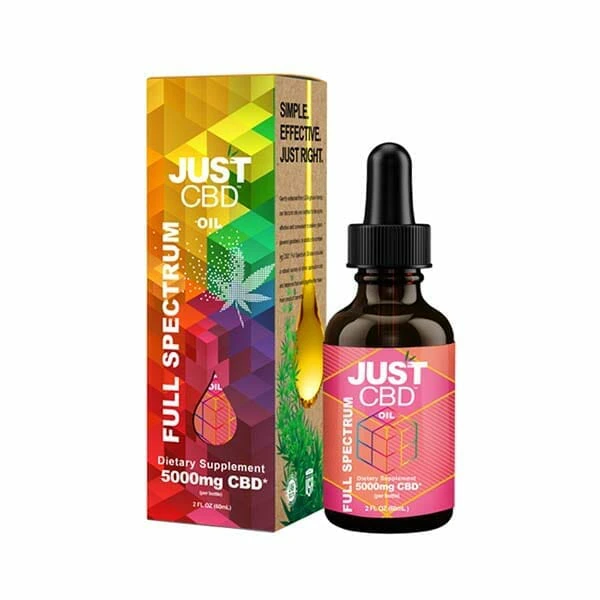
Link to buy: Full Spectrum CBD Oil
Now, this one’s for the CBD purists. The full-spectrum formulation means you’re getting the whole plant goodness—including that entourage effect everyone raves about. The taste is much earthier compared to the coconut tincture, which might take some getting used to, but it screams “natural wellness.”
I used this oil mostly at night, and wow—it worked wonders for my sleep! A dropper under my tongue before bed, and I’d wake up feeling rested and refreshed. It also helped soothe my sore muscles after workouts, which was a nice bonus.
What I liked:
- Potency: This oil packed a punch. A little went a long way for both stress and physical discomfort.
- Versatility: While the taste is earthy, I could still blend it into soups or teas for easy consumption.
- Full-spectrum benefits: I definitely felt a more balanced effect compared to CBD isolate.
What I didn’t like:
- Flavor: It’s not as beginner-friendly as the coconut option. If you’re new to CBD, the taste might feel a little too “herbal.”
- Price: Full-spectrum products are generally pricier, and this one is no exception. However, the quality makes it worth the splurge.
Final Thoughts and Comparison
If I had to pick a favorite, I’d lean slightly toward the Coconut Tincture for its flavor and versatility. It feels more accessible, especially for people new to CBD. However, the Full Spectrum CBD Oil is the heavyweight champion when it comes to potency and overall wellness benefits.
How to Choose the Right CBD Oil Tincture for Your Needs
Selecting the right CBD oil tincture depends on your goals, experience level, and preferences. Start by identifying your desired effects, such as relaxation, pain relief, or better sleep. Look for tinctures with appropriate CBD concentration and consider full-spectrum options for an “entourage effect.” Always verify third-party lab testing to ensure quality and purity.
What is the Difference Between Full-Spectrum, Broad-Spectrum, and CBD Isolate?
Full-spectrum CBD contains all cannabinoids, terpenes, and trace THC, enhancing effectiveness via the entourage effect. Broad-spectrum CBD includes all cannabinoids and terpenes but removes THC. CBD isolate is pure CBD, making it ideal for those avoiding THC entirely.
How Long Does it Take for CBD to Work?
CBD effects can take anywhere from 15 minutes to 2 hours, depending on the method of consumption. Sublingual tinctures typically work faster (15–45 minutes) compared to edibles or capsules, which may take 1–2 hours to kick in.
Can You Get High from CBD Products?
No, CBD does not produce a high as it is non-psychoactive. Full-spectrum CBD products may contain trace amounts of THC (less than 0.3%), which is not enough to cause intoxication.
How Much CBD Should I Take as a Beginner?
Start with a low dose, such as 5–10 mg, and gradually increase based on your body’s response. Everyone’s tolerance is different, so it’s essential to find what works best for you.
Is CBD Safe to Use with Other Medications?
CBD may interact with certain medications, such as blood thinners or anti-seizure drugs. Consult your healthcare provider before starting CBD, especially if you are on prescription medication.
What Should I Look for in a Quality CBD Product?
Look for products with clear labeling, third-party lab test results, and organic hemp sourcing. Avoid items with artificial additives or unclear ingredient lists. Reputable brands often provide detailed product descriptions and lab certifications.
How Should I Store My CBD Oil?
Store CBD oil in a cool, dark place away from heat, light, and humidity. Proper storage ensures product potency and shelf life, which is typically around one to two years when stored correctly.
Can CBD Help with Anxiety?
Many users report that CBD helps reduce anxiety by promoting relaxation and calming the nervous system. While individual results vary, studies suggest CBD interacts with serotonin receptors to produce its calming effects.
Are There Any Side Effects of CBD?
CBD is generally well-tolerated but may cause side effects such as dry mouth, drowsiness, or changes in appetite. High doses might lead to mild gastrointestinal discomfort or dizziness. Always use CBD as directed and monitor your body’s response.
- Maryland’s Trending THC Infused Drinks - May 31, 2025
- Explore THC Seltzer Trends in Kentucky - May 31, 2025
- Find THC Beverages in Nebraska - May 31, 2025

